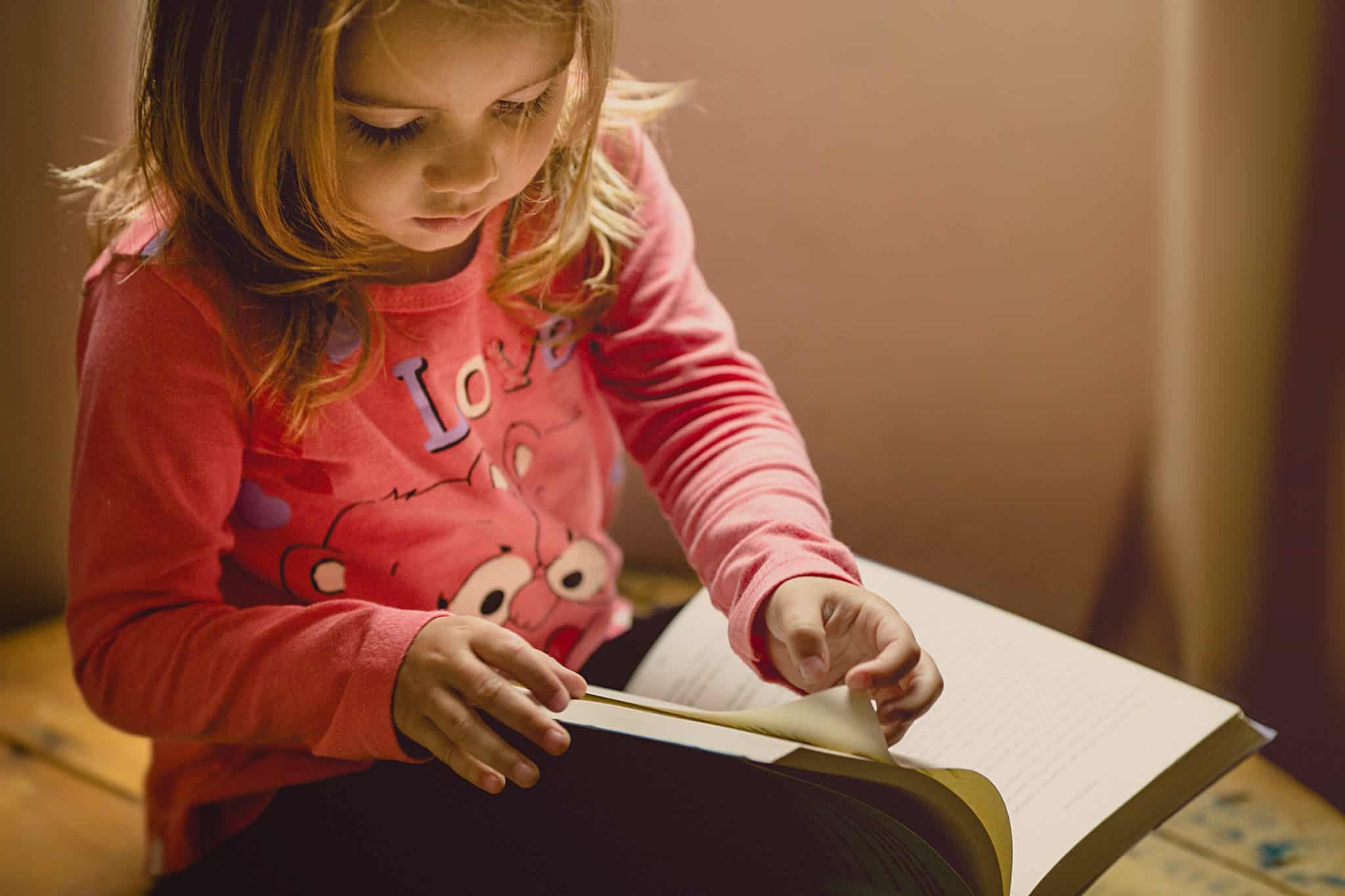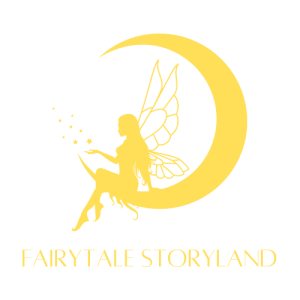Preparing Your Preschool for Kindergarten Reading

Introduction
There’s no need to stress about getting your 4-year-old ready for kindergarten reading. We’ve put together a comprehensive guide to help you and your child make the transition from preschool to kindergarten, with all your questions answered and practical tips to help you begin today.
Kindergarten is a significant step in your child’s life, and this period lays the groundwork for a strong literacy foundation. Understanding this transition and how to support your child’s development is the key to instilling a lifelong love for reading that will support your child into adulthood.
1. Preparing 4 Year Olds for Kindergarten Reading: A Parent’s Role
The preschool years, typically between 3 and 5 years, are crucial for establishing the groundwork for kindergarten reading. Preschoolers are naturally curious and eager to explore their surroundings, and books can serve as gateways to a world of learning. Reading to your preschooler is the first step in fostering their love for books. Incorporating storytelling into their daily routine helps to expand vocabulary, improve listening skills, and develop an understanding of narrative structures. Engaging books with colorful illustrations, textures, and simple, repetitive texts can captivate their attention and stimulate their cognitive skills.
In addition to reading, everyday conversation plays a significant role in a preschooler’s language development. Use every opportunity to introduce new words and phrases. Encourage your child to communicate their thoughts and feelings. Simple activities, like discussing a picture in a book or talking about their day, can enhance their expressive language skills.
Interactive learning is another effective way to prepare 4-year-olds for kindergarten reading. Preschoolers learn best through play. Using toys, puzzles, and games can be a fun way to teach letter recognition and sounds. These activities not only prepare them for reading but also develop their fine motor skills and cognitive abilities.
The preschool years are crucial for setting the groundwork for kindergarten reading. Parents can help by:
Read Aloud: Reading to your preschooler is the first step in fostering their love for books. Incorporate storytelling into their daily routine. This activity helps to expand vocabulary, improve listening skills, and develop an understanding of narrative structures.
Engage in Conversation: Speaking with your preschooler promotes language development. Use every opportunity to introduce new words, phrases, and engage in back-and-forth conversation.
Interactive Learning: Preschoolers learn best through play. Use toys, puzzles, and games to teach letter recognition and sounds.
2. Key Differences Between Preschool and Kindergarten Reading
Reading habits and preferences evolve as a child grows. Preschool reading focuses on exploration and sensory interaction. Preschoolers prefer sturdy picture books with colorful illustrations and textures. They engage with books through touch, sight, and sound. The reading experience for preschoolers is more about familiarity and enjoyment than understanding the content.
In contrast, kindergarten reading is a step forward in literacy development. Kindergarteners, usually between the ages of 5 and 6, are learning to recognize letters and words, follow simple plots, and develop comprehension skills. They are transitioning from picture books to early readers with more text and complex stories. Kindergarten reading is also characterized by an increasing interest in independent reading and a curiosity about words and their meanings.
3. Cognitive Development Needs: Preschoolers Vs Kindergartners
Cognitive development in preschoolers is focused on sensory exploration, understanding cause and effect, and recognizing familiar objects and people. Books that stimulate their senses and offer repetition are most beneficial for this age group. The reading experience for preschoolers is largely about developing familiarity with books as objects and understanding that they hold engaging content.
Kindergarteners, on the other hand, are developing critical thinking skills, understanding sequences, and beginning to comprehend abstract concepts. Their cognitive development necessitates more complex stories that can challenge their thinking and offer opportunities for learning new concepts. Accordingly, reading materials should be selected to cater to these developmental milestones, focusing on letter and word recognition, plot comprehension, and basic inference.
4. How Parents Can Support Their Preschoolers
The transition to kindergarten reading is a significant milestone, and parental support can make this journey smoother and more enjoyable. Continuing the habit of daily reading with your kindergartner is crucial. As your child’s comprehension improves, gradually increase the complexity of the stories you read together.
Encouraging independence is another crucial aspect. Let your child choose the books they want to read. Encourage them to ‘read’ or narrate the story to you, fostering a sense of autonomy and creativity. This practice not only builds confidence but also aids in comprehension and memory recall. Even if they can’t read all the words, they’ll begin to understand that text carries a narrative, a key understanding in early literacy.
Engaging your child in discussions about the book is another effective way to enhance their reading skills. After reading a story, ask your child questions about the plot, characters, or the moral of the story. Encourage them to voice their opinions and thoughts. This activity helps to develop comprehension, critical thinking skills, and promotes a deeper understanding of the text.
Reading Time: Continue the habit of daily reading with your kindergartner. Gradually increase the complexity of the stories as your child’s comprehension improves.
Encourage Independence: Let your child choose the books they want to read. Encourage them to ‘read’ or narrate the story to you, fostering a sense of autonomy and creativity.
Questions and Discussions: After reading a story, ask your child questions about the plot, characters, or the moral of the story. This activity helps to develop comprehension and critical thinking skills.
5. Recommended Books To Prepare PreSchoolers for Kindergarten Reading
Choosing the right books for your kindergartner is crucial in fostering their interest in reading. Here are some book recommendations for your kindergartner, each catering to different aspects of their development:
Alphabet Books: Books like “Chicka Chicka Boom Boom” by Bill Martin Jr. and John Archambault are great for teaching the alphabet in a fun and engaging way. Through rhythmic verse and vibrant illustrations, this book introduces letters and their sounds, providing a solid foundation for early literacy.
Number Concepts: Books such as “Ten Black Dots” by Donald Crews are excellent for introducing number concepts. This book encourages counting and number recognition through the use of simple, clear illustrations and engaging text.
Simple Plots: Books with simple plots, like “Frog and Toad Are Friends” by Arnold Lobel, are ideal for kindergarteners beginning to understand narrative structures. These books offer relatable characters and easily understood storylines that can hold a child’s interest and engage their imagination.
Rhyming Books: Rhyming books like “The Gruffalo” by Julia Donaldson can enhance phonological awareness, an important aspect of early literacy. Rhymes make the reading experience fun and memorable, while also teaching rhythm and language patterns.
Life Lessons: Books such as “The Giving Tree” by Shel Silverstein offer opportunities to discuss life lessons and morals. Such books can stimulate deeper conversations with your child, promoting their critical thinking and emotional development.
Conclusion
The transition from preschool to kindergarten is a pivotal time in a child’s literacy journey. As a parent, your active involvement can make a significant difference in fostering a love for reading in your child. Remember, every child’s pace of learning is unique. Be patient, supportive, and celebrate every small victory along the way.
Good luck and read daily to your child!!!



